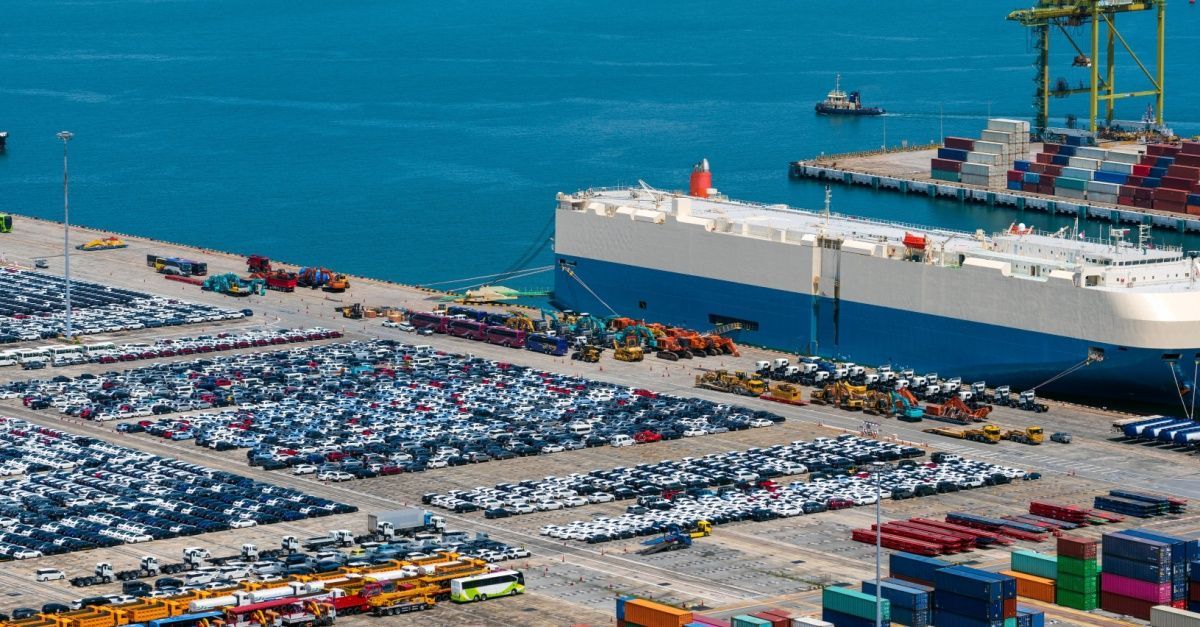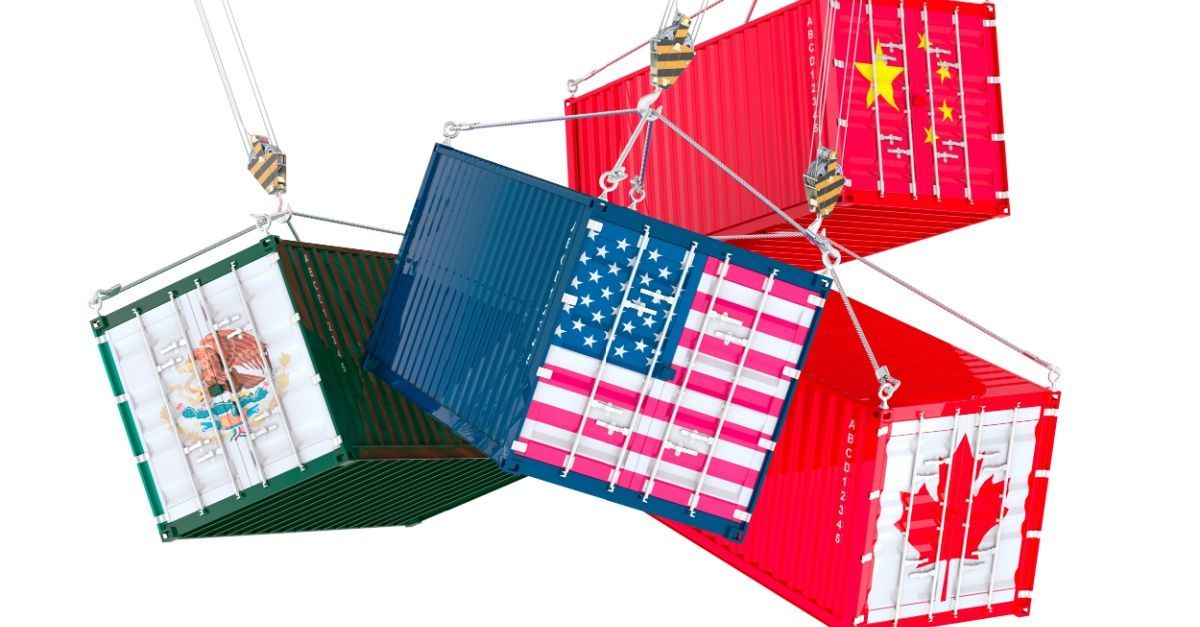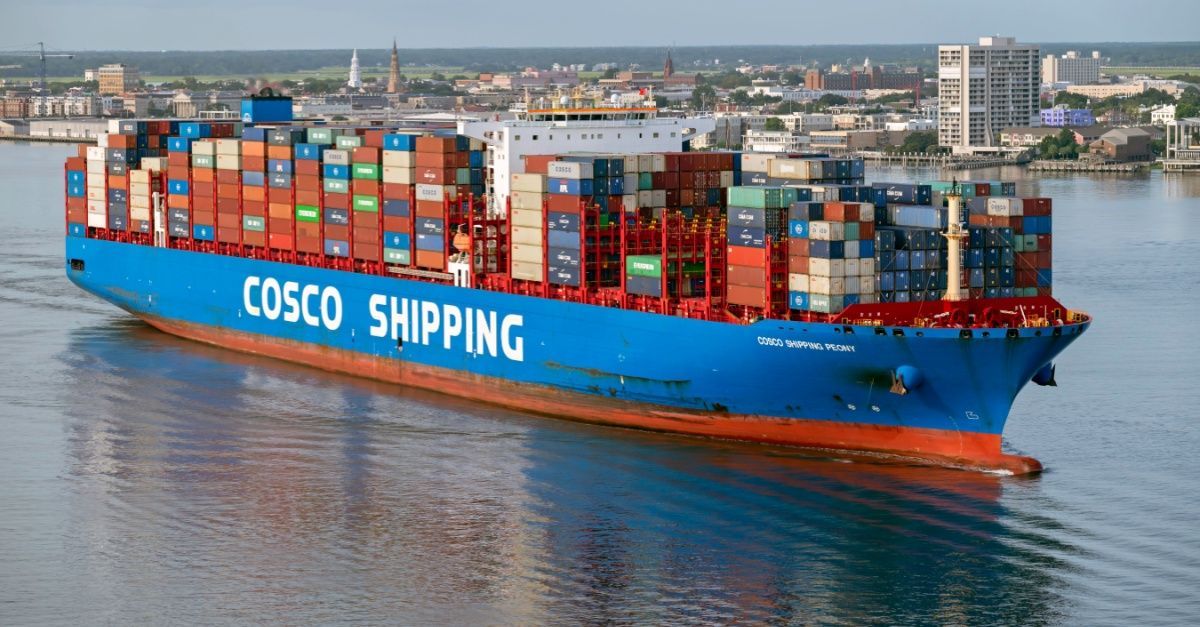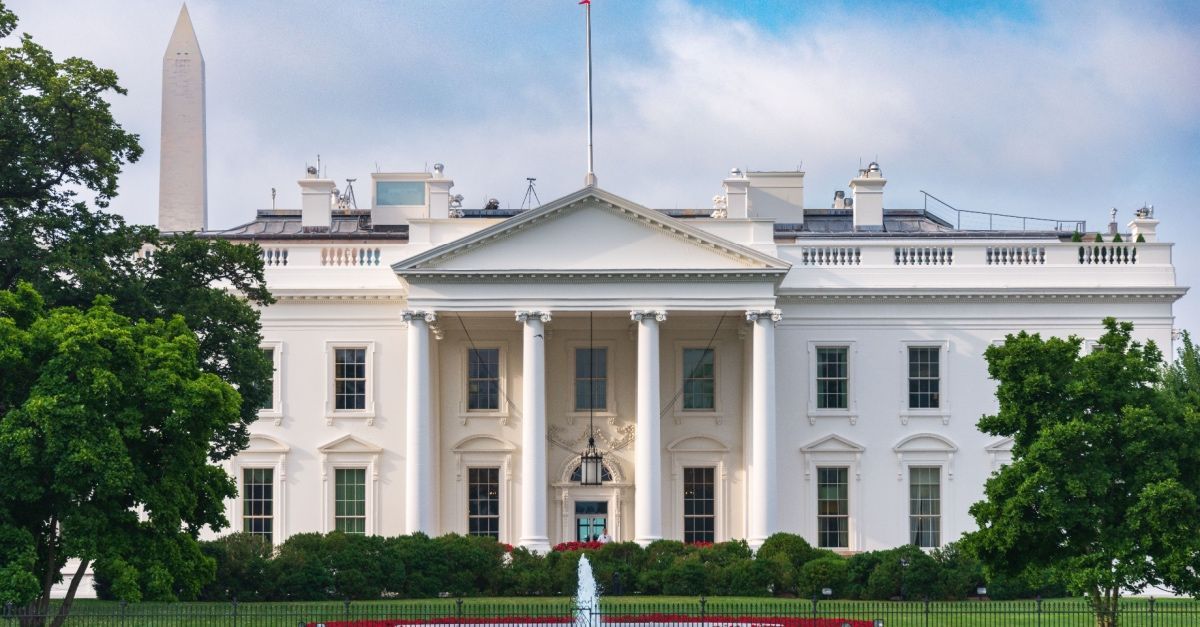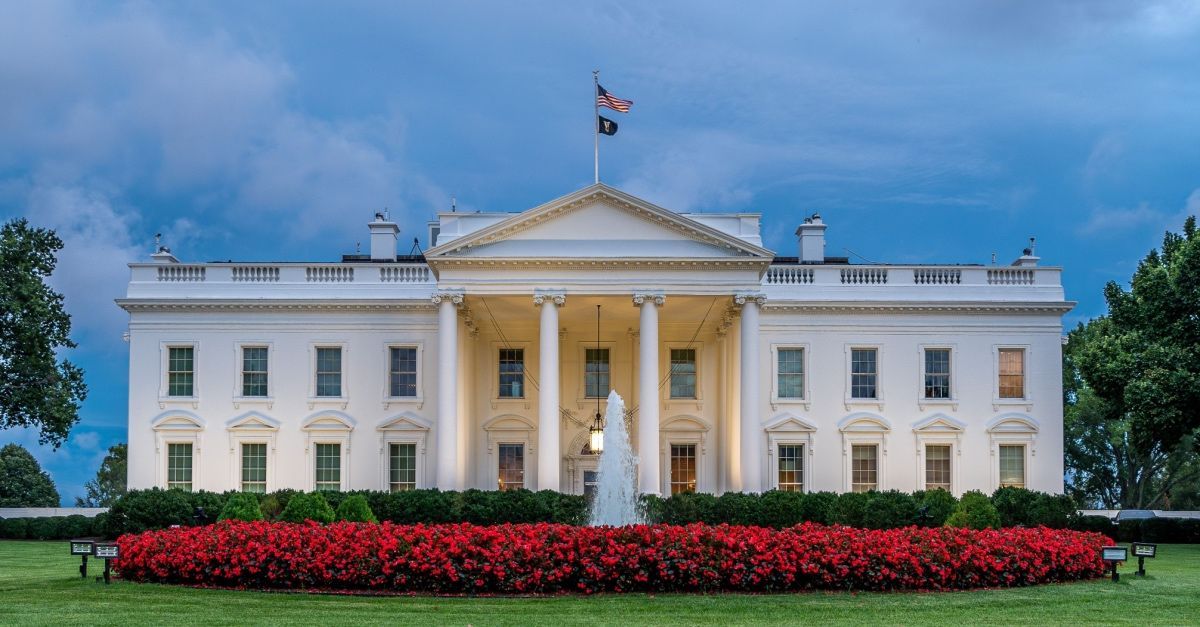Trade Policy Shifts, Bipartisan Freight Bill, and Recovering Rates
Blog Post CTA
We will get back to you as soon as possible.
Please try again later.
President-elect Donald Trump announced last week on his Truth social account that he has nominated international trade lawyer and former White House official Jamieson Greer as the U.S. Trade Representative. You will recall that the office gained prominence during President Trump's first term, spearheading the trade war with China. In a bipartisan effort, the U.S. Senate has passed the Transportation Security Screening Modernization Act, which will help simplify how commercial drivers obtain their security clearance. This should boost the industry amid a fluctuating freight economy.
Keep reading to learn more about the news and trends shaping the freight industry.
Trump Administration's Trade Policy Shifts: A Look at Key Appointments and Strategic Focus
The USTR continues to be strategically important to the incoming administration amid Trump’s tariff rhetoric. Trump has stated that Jamieson, a key appointee, will prioritize reducing the U.S. trade deficit, supporting American industries, and expanding export opportunities.
Greer, another significant nominee, may work under Commerce Secretary Howard Lutnick if both receive Senate confirmation. The administrative structure suggests potential changes, with Lutnick potentially overseeing the USTR. Greer's alignment with Trump's trade policies is evident from his testimony to the U.S.-China Economic and Security Review Commission, where he labeled China's ambitions as a "generational challenge" and criticized its impact on U.S. economic and national security.
Interestingly, Greer diverges slightly from Trump's stance by supporting federal subsidies for industries, suggesting incentives similar to those in the CHIPS and Science Act to boost sectors like pharmaceuticals, robotics, and automotive manufacturing. Greer is also expected to play a pivotal role in renegotiating the United States-Mexico-Canada Agreement (USMCA) before its review in 2026, aligning with Trump's focus on leveraging advantages in the automotive sector.
Senate Advances Bipartisan Legislation Streamlining Security Credentials
The U.S. Senate has passed the Transportation Security Screening Modernization Act, a bipartisan effort to simplify the process for commercial drivers to obtain security credentials. The legislation introduced by Senator Roger Wicker seeks to standardize the credentialing process across the freight workforce, reducing bureaucratic inefficiencies and costs.
This initiative intends to attract more industry drivers, helping alleviate labor shortages and maintain efficient supply chains. Provisions within the bill ensure that high-security standards remain intact. The Transportation Security Administration (TSA) must provide Congress with a progress report six months after the bill's enactment. The bill's sponsors, including Senators Deb Fischer, Angus King, and Jon Tester, emphasized its potential to ease burdens on essential workers while upholding safety.
ATA President Chris Spear highlighted the years of frustration caused by the current credentialing system and hailed the bill as a step toward eliminating wasteful bureaucratic hurdles. The legislation is celebrated as a practical solution that reduces time and cost barriers for truck drivers. Advocates anticipate its implementation will simplify processes, making it easier for drivers to meet credential requirements and contribute to the
transportation industry's operational efficiency.
Freight Rates Show Signs of Recovery as New Market Cycle Emerges
Analysts are observing positive developments in freight rates for 2024, suggesting a potential shift in market dynamics. Data from DAT Freight & Analytics shows consistent growth in dry van spot rates year-over-year since July, signaling the start of a new freight cycle approximately three to four months ago.
Some key observations of this growth include:
Spot Rate Growth: DAT reports that dry van spot rates were 7% higher in Q4 than in the same period last year.- Contract Rate Lag: Contract rates typically lag spot rates by three to four months, but they are now approaching parity, reflecting a tightening market.
- Discount Trends: Shippers still benefit from an 8.7% discount in the spot market compared to contract rates, although the gap is narrowing.
Despite these encouraging trends, the broader freight market remains challenging.
Carriers have experienced steep declines in operating income during Q3, highlighting the need for increased freight volume to sustain recovery. According to Jason Miller of Michigan State University, the sector remains transitional, with one freight cycle concluding and the next fully taking shape.
Revamped Freight Classification System to Launch in 2025 with Digital Upgrades
The National Motor Freight Traffic Association (NMFTA) has announced July 19, 2025, as the launch date for its updated less-than-truckload (LTL) freight classification system. The new launch date, which was initially planned for May 2025, allows additional time for users to prepare for changes aimed at improving accuracy and reducing costs related to misclassified freight.
Some of the key digital upgrades include:
- ClassIT+ Platform will replace the current ClassIT system and feature a new application programming interface (API) to simplify freight classification and improve transparency for shippers, carriers, and logistics providers.
- The updated system will increase accuracy in freight classification, reducing errors and related fees for users.
- Provide educational resources to gather feedback and assist stakeholders in adapting to the changes.
The NMFTA's broader efforts include maintaining digital standards for the LTL industry and protecting them through cybersecurity initiatives. The association aims to enhance operational efficiency across the shipping sector by streamlining the freight classification.
Trump Selects Lori Chavez-DeRemer as Labor Secretary Nominee
Trump has nominated Rep. Lori Chavez-DeRemer (R-Ore.) as his pick for Secretary of Labor. The rep who is just finishing up her first term but lost her re-election bid. If confirmed, Chavez-DeRemer will focus on expanding apprenticeships, improving wages, and enhancing working conditions.
Her nomination has received support from labor leaders such as Teamsters President Sean O’Brien, who acknowledged her willingness to collaborate and address workers' needs. This announcement is part of Trump’s ongoing cabinet appointments, which include high-profile figures such as Linda McMahon for Education Secretary and Sean Duffy for Transportation Secretary.
Chavez-DeRemer’s nomination underscores the president-elect's approach to balancing worker advocacy with business interests as he forms his administration.
Mexican President Sheinbaum Pushes Back Against Trump's Proposed Tariffs
A potential trade war with Mexico is brewing, as newly appointed Mexican president Claudia Sheinbaum strongly criticized Trump's proposal to impose 25% tariffs on imports from Mexico.
Sheinbaum has described the tariffs as threatening shared prosperity and pointed out that such measures would disrupt trade between the two nations worth hundreds of billions of dollars annually. According to Sheinbaum, American automakers operating in Mexico, including General Motors and Ford, would face significant challenges, arguing the tariffs would fuel inflation and job losses on both sides of the border.
Trump's tariff plans, set to take effect on his first day in office, would effectively dismantle the U.S.-Mexico-Canada Agreement (USMCA), the trade pact that replaced NAFTA and remains in effect until at least 2026. Moreover, Sheinbaum believes that much of the violence and drug-related issues blamed on her country are tied to U.S. demand for narcotics.
U.S. Holiday Spending Set to Rise in 2024 as Inflation Eases
U.S. holiday spending is forecasted to grow by nearly 3% in 2024. Although not much, the growth is heavily supported by declining inflation rates, increased consumer confidence, and early promotional campaigns from retailers — all of which have been effective. All things being equal, Thanksgiving spending is expected to increase by 1.8% year-over-year, Black Friday by 2.8%, and Christmas sales by 3%.
Inflation peaked at 3.5% in March and has averaged 2.5% recently, its lowest level since 2021. Additionally, wages have consistently outpaced inflation throughout 2023, and the Conference Board's consumer confidence index has risen for two consecutive months. An International Council of Shopping Centers (ICSC) survey reveals that 70% of respondents feel their financial situation is as good as or better than last year.
Navigating Volatility in the Trucking Market with Entourage Freight Solutions
In this dynamic environment, shippers need reliable freight management services and access to real-time data to stabilize operations and maintain supply chain efficiency. Entourage Freight Solutions offers services to help shippers thrive in an ever-changing logistics landscape. We ensure your shipments are handled precisely and with care by providing critical insights and dependable support. Our key services include:
LTL (Less-than-Truckload) Solutions: Gain on-demand access to capacity and real-time updates, providing confidence and efficiency in high-stakes logistics.- Freight Management: Streamline your inbound and outbound logistics with tools that monitor market capacity, deliver automated notifications, and keep your team informed and organized.
- Refrigerated Transport: Safely transport goods, from raw materials to finished products, with temperature-controlled expertise to ensure timely delivery and optimal quality.
Request a quote today and discover how Entourage Freight Solutions can support your freight movement and supply chain needs. Get in touch to learn more about our comprehensive logistics services and how we can help you easily navigate today’s volatile market.
